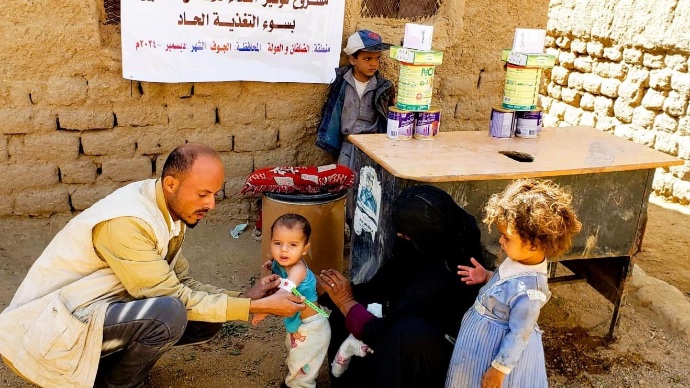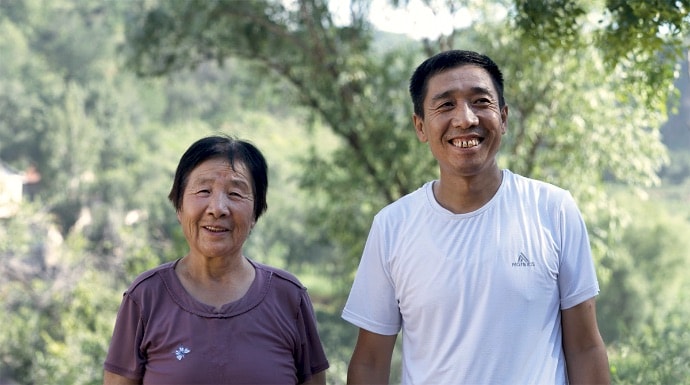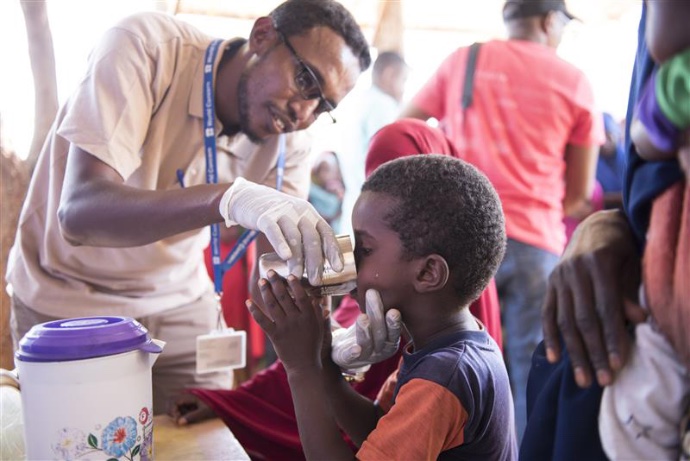Posted on April 2, 2025
By Ina Lee, Communications Director, Yemen Relief and Reconstruction Foundation

Child being tested for malnutrition. Photo: YRRF
At Yemen Relief and Reconstruction Foundation (YRRF), we are on the front lines of one of the world’s most urgent health crises. In a country where nearly 80 percent of the population depends on humanitarian aid and the health system is stretched beyond its limits, our work is rooted in one clear goal: to protect life and restore dignity.
Continue Reading
Posted on April 1, 2025
By Give2Asia

In rural China, hypertension is prevalent, yet Give2Asia’s Rural Healthy Family Program is helping families receive care. Photo: Give2Asia
In the heart of rural China, where access to healthcare can be limited and families often bear the brunt of preventable chronic conditions, a new approach is offering hope—and measurable results. The China Rural Healthy Family Program, a recent initiative led by Give2Asia, is designed to combat one of the country’s most pressing and under-addressed health crises: hypertension.
Continue Reading
Posted on March 28, 2025
By Peter Mutua and Grace Roberts, World Concern

Child receiving deworming medicine. Photo: World Concern
Soil Transmitted Helminths, more commonly known as intestinal parasites, pose a significant public health threat to millions around the world. As a result of limited access to clean water, healthcare and handwashing facilities, intestinal parasites have a high prevalence in the Horn of Africa. Intestinal parasites affect one’s overall health and produce symptoms such as diarrhea, abdominal pain, and exhaustion. In extreme cases, they cause malnutrition and impaired growth, which is particularly detrimental for children.[1] These parasites impact a child’s nutrition at a critical stage in their physical and cognitive development, thus limiting their ability to go to school, causing emotional and financial strain upon their family. Through mass distributions of de-worming medicine, the treatment for this infection prevents further complications to a child’s health, reduces their risk of malnutrition, and improves cognitive function.
Continue Reading


